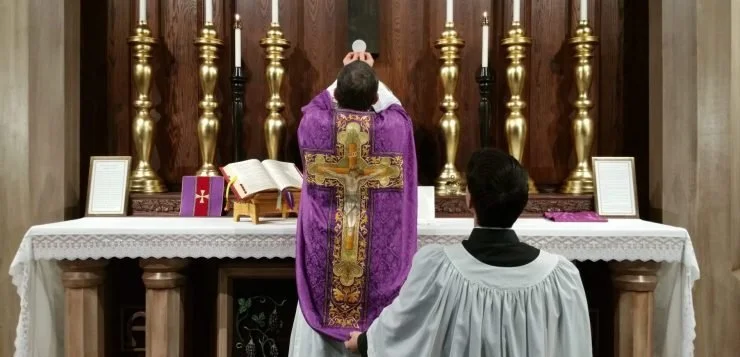QUESTION:
Is Ukraine a “Just War”?
THE RELIGION GUY’S ANSWER:
The good news for Russia’s Vladimir Putin: A significant national leader announces that his invasion of Ukraine is a “just fight” that will end with “a great victory in the sacred struggle.”
The bad news: The speaker is North Korea’s Kim Jong Un, so what’s “just” is defined by probably the most despised despot on the planet and what’s “sacred” by an atheist who works to exterminate all religion.
Each international conflict raises the matter of what constitutes a “just war,” the theory by which Christians over centuries have sought to define what reaasons make the destruction of war morally acceptable. New York Times columnist Thomas Friedman asserts that Ukraine presents “as obvious a case of right versus wrong, good versus evil, as you will find in international relations since World War II.”
Except for Putin allies who head the huge Russian Orthodox Church, Christian leaders agree that Russia’s war is unjust and Ukraine’s response is justifiable. If for no other reason, in the 1994 pact when Ukraine surrendered its Soviet-era nuclear weapons Russia pledged “to “refrain from the threat or use of force against the territorial integrity or political independence of Ukraine.”
As we’ll see, there are complications and hesitations on the Catholic left since the invasion in February, 2022. The Catholic discussion on war-making is particularly notable due to the church’s global reach and the history of saints Augustine and Thomas Aquinas formulating the “just war” doctrine.
Most early Christians were de facto pacifists who opposed military participation, both extending Jesus’ “blessed are the peacemakers” teaching from interpersonal relations into national and international affairs, and shunning pagan oaths and rites that Rome imposed upon soldiers. But Christians began gaining responsibility for setting defense policy after the Roman Empire granted their faith legal toleration during the 4th Century.





